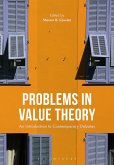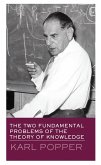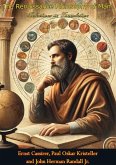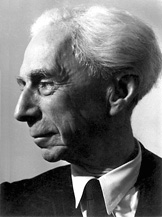Dive into the foundational questions of philosophy with Bertrand Russell's The Problems of Philosophy. This classic work, penned by one of the 20th century's most influential philosophers, provides an accessible and thought-provoking introduction to philosophical inquiry.Bertrand Russell, a renowned philosopher, logician, and Nobel laureate, examines some of the most enduring problems in philosophy, presenting them in a clear and engaging manner. Russell explores fundamental questions about the nature of reality, knowledge, and the limits of human understanding. Russell's lucid writing and keen analytical skills make complex philosophical concepts approachable for readers of all backgrounds.In this seminal text, Russell addresses key topics such as the distinction between appearance and reality, the existence and nature of matter, the theory of knowledge, and the problem of induction. He also delves into the nature of truth and falsehood, the limits of philosophical knowledge, and the relationship between philosophy and science.Russell's exploration is not merely theoretical; he provides concrete examples and practical applications of philosophical ideas, demonstrating their relevance to everyday life. His balanced approach combines rigorous analysis with a deep appreciation for the wonder and curiosity that drive philosophical inquiry.The Problems of Philosophy is an essential read for students of philosophy, educators, and anyone interested in deepening their understanding of the world. Russell's insightful and compelling treatment of philosophical issues invites readers to think critically about the nature of reality and our place within it.Join Bertrand Russell on a journey through the key questions that have shaped philosophical thought for centuries. The Problems of Philosophy remains a timeless and influential work, offering readers a profound and accessible guide to the enduring questions of human existence.
Dieser Download kann aus rechtlichen Gründen nur mit Rechnungsadresse in A, B, BG, CY, CZ, D, DK, EW, E, FIN, F, GR, HR, H, IRL, I, LT, L, LR, M, NL, PL, P, R, S, SLO, SK ausgeliefert werden.










